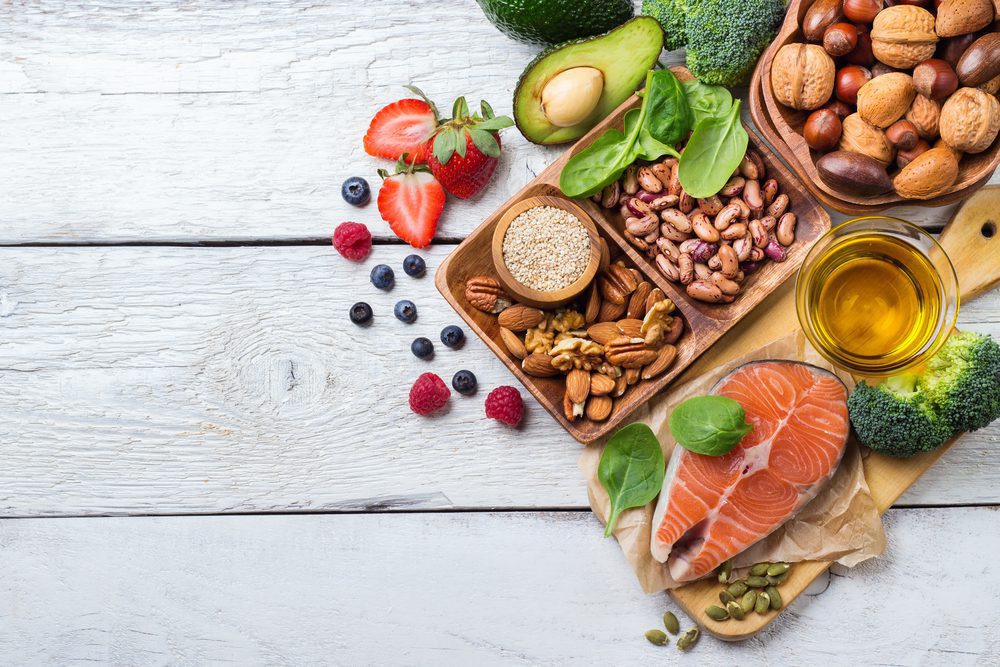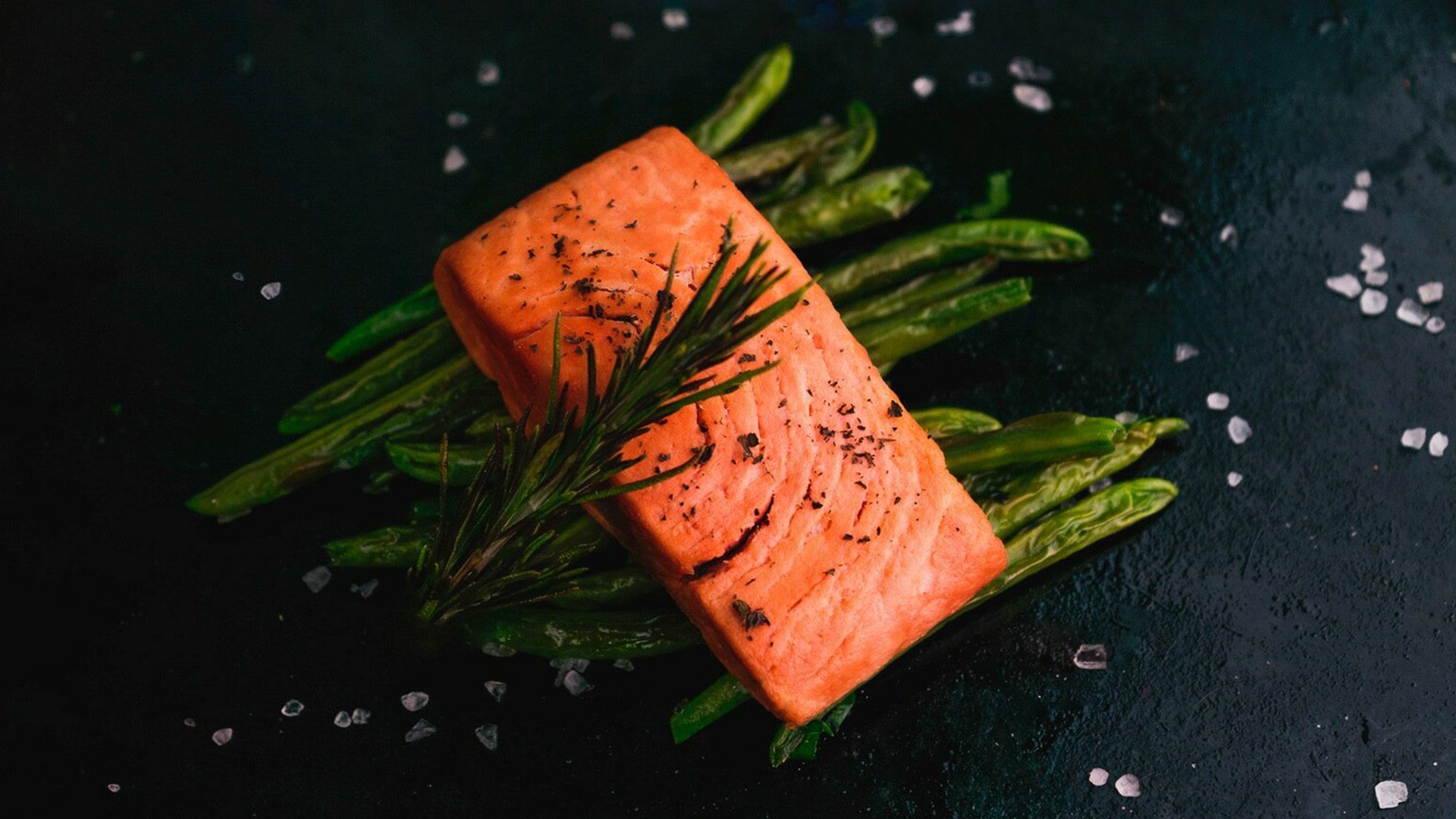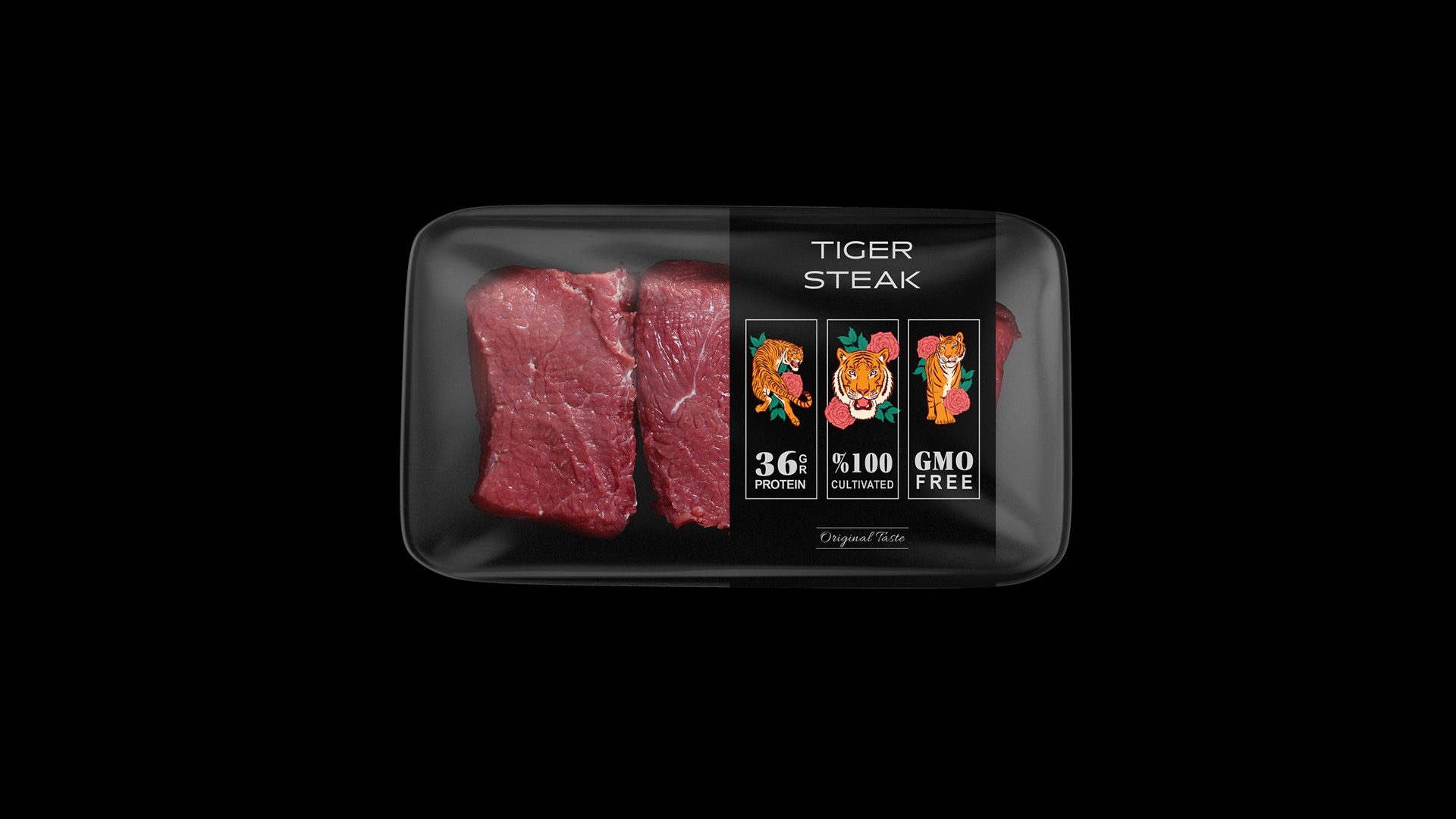Plant-based meats are typically filled with ingredients such as potato starch, coconut oil, pea protein, mycoproteins, etc. Now, a few start-ups are planning to add animal fat to the mix.

Some companies are growing fat in laboratories, hoping to combine it with wheat protein and spices to make plant-based meats taste more like the real thing. Others are pulling animal byproducts from traditional meat production and blending it with plant ingredients.
The change has the potential to alter the perception of plant-based meats, moving them from being seen as an option for a small portion of consumers into the mainstream.
“It’s fundamentally difficult to make plants taste like meat,” said Saba Fazeli, co-founder of the start-up Choppy, formerly known as Paul’s Table, which is incorporating fat into plant-based meat. “I would say it’s impossible.”
According to food analysts, while meat-eating accounts for approximately 15 percent of global greenhouse gas emissions, most consumers aren’t choosing to switch to sustainable plant-based alternatives due to factors such as cost and flavor.
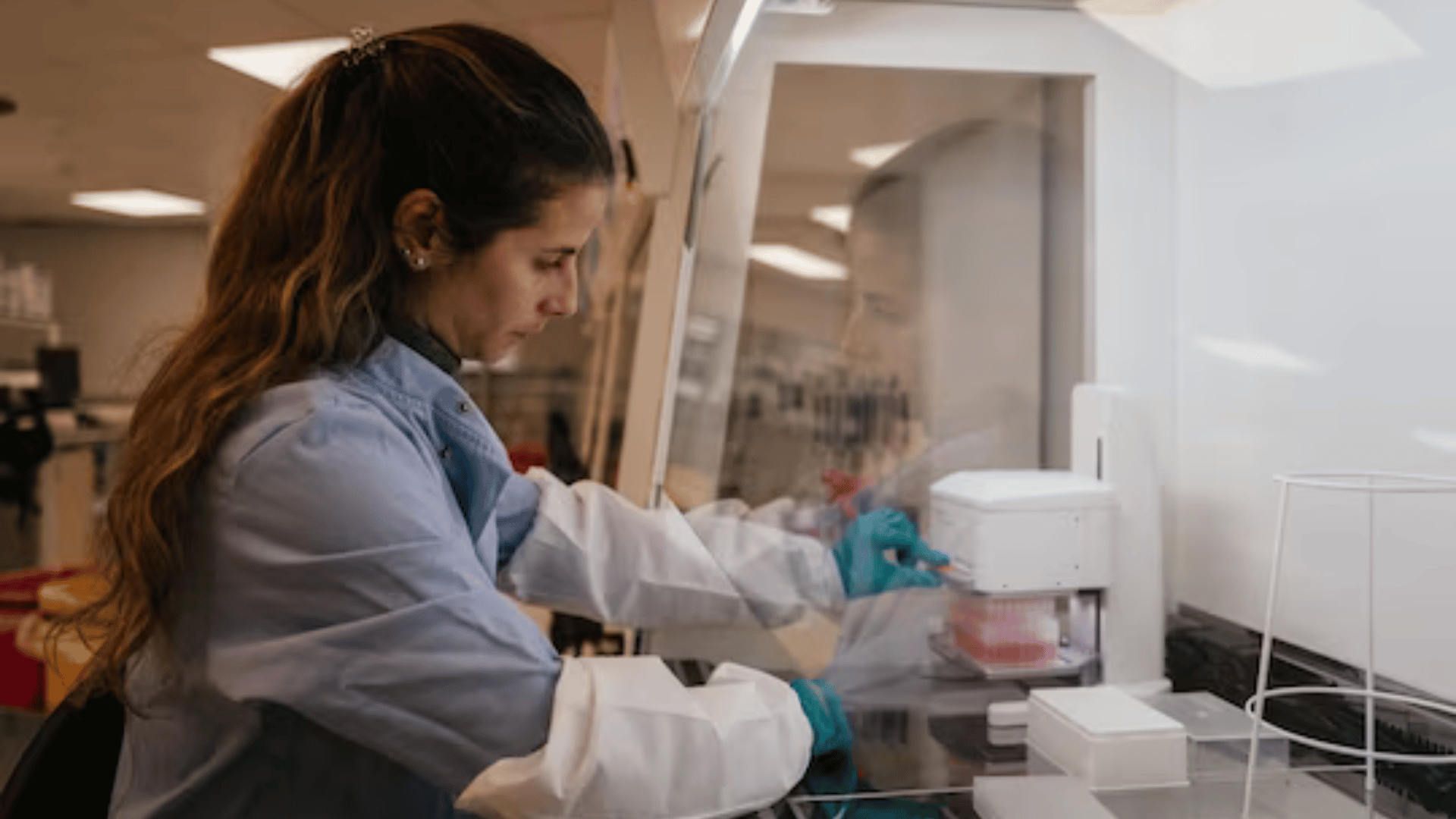
“While people do want to change the world and want to live sustainable lives, ultimately, at the end of the day, people only want to do that when they’re able to eat the products that taste really good,” said Ed Steele, co-founder of the London-based cultivated fat start-up Hoxton Farms.
Currently, the most commonly used fat alternative in plant-based meats is coconut oil, but this alternative doesn’t capture the same flavor profile as authentic animal fat. Animal fat coats the tongue which causes flavors to last longer and its aroma also enhances the experience.
Coconut oil also has a much lower melting point than animal fat. This means that, during cooking, it melts too early and gives plant-based meats a greasier texture.
In California, the start-up Mission Barns is growing pork fat in the lab that can be added to plant-based bacon, meatballs, or sausages. “We feel it’s the biggest missing piece,” said Eitan Fischer, the company’s CEO.
Explore Tomorrow's World from your inbox
Get the latest science, technology, and sustainability content delivered to your inbox.
I understand that by providing my email address, I agree to receive emails from Tomorrow's World Today. I understand that I may opt out of receiving such communications at any time.
Companies also claim that lab-grown fat has advantages over muscle tissue grown in the lab, including cost. Lab-grown meat is estimated to cost hundreds of dollars per pound because it requires expensive, medical-grade equipment. Though lab-grown fat still needs some of this equipment, it takes cheaper nutrients than standard muscle cells.
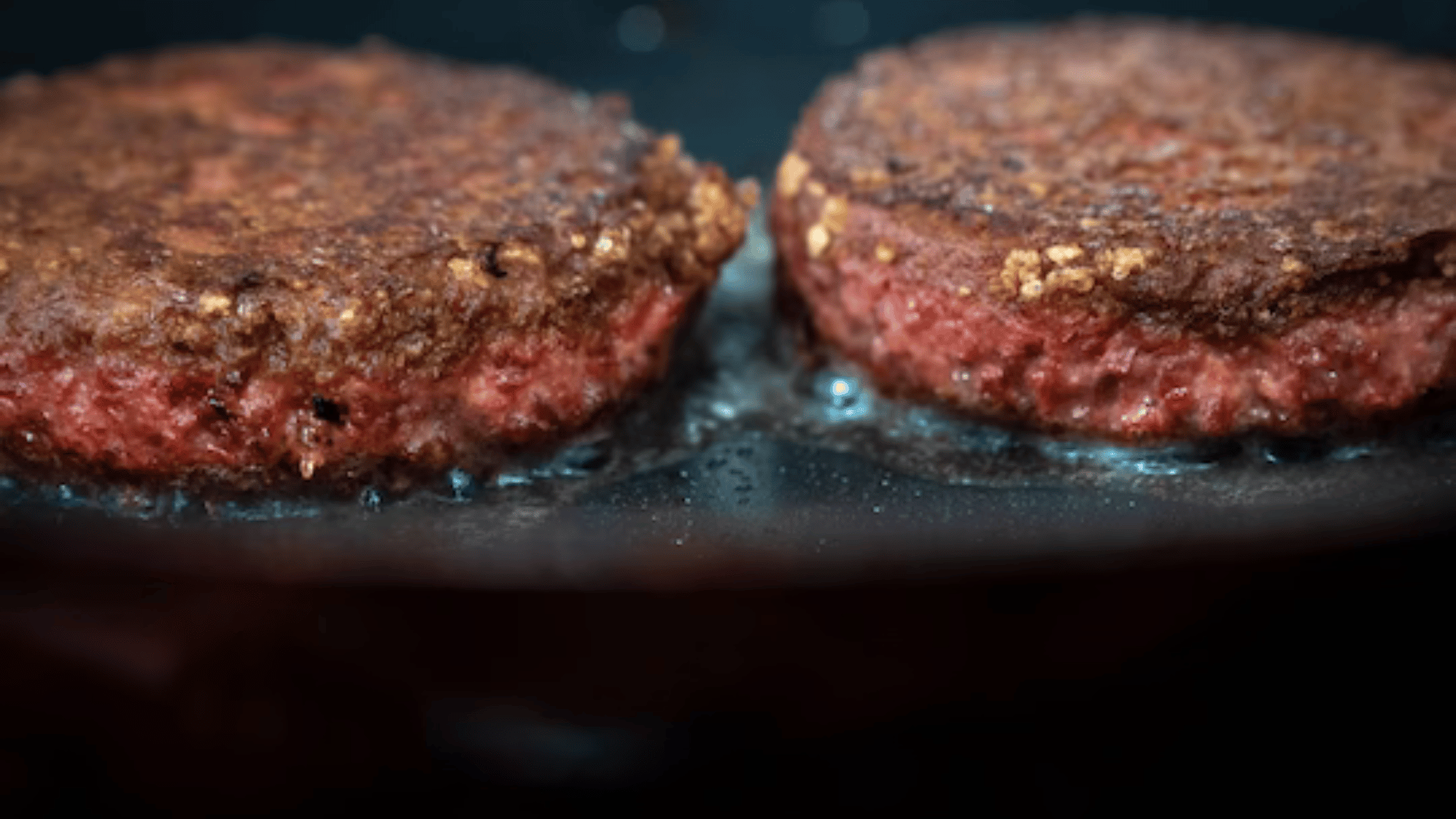
“No expensive proteins — you just need very cheap sugars and very cheap oils,” Fischer said. “It doesn’t take a lot to convince a fat cell that it’s time to store more energy.”
Animal fat could also be obtained as byproducts of the meat industry. Though this would make it unappealing for vegetarians, it may make it easier for the current untapped market of meat-eaters to make the switch to plant-based meats.
“The way that we produce food is unsustainable,” said Faraz Harsini, senior scientist for cultivated meat at the Good Food Institute. “There have to be alternatives.”



